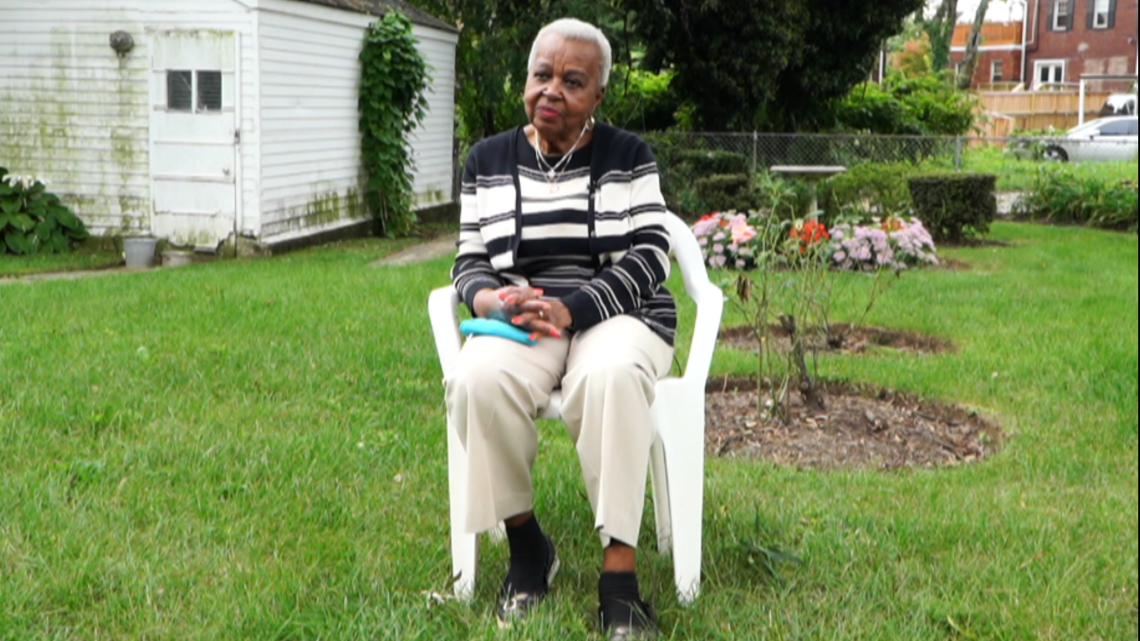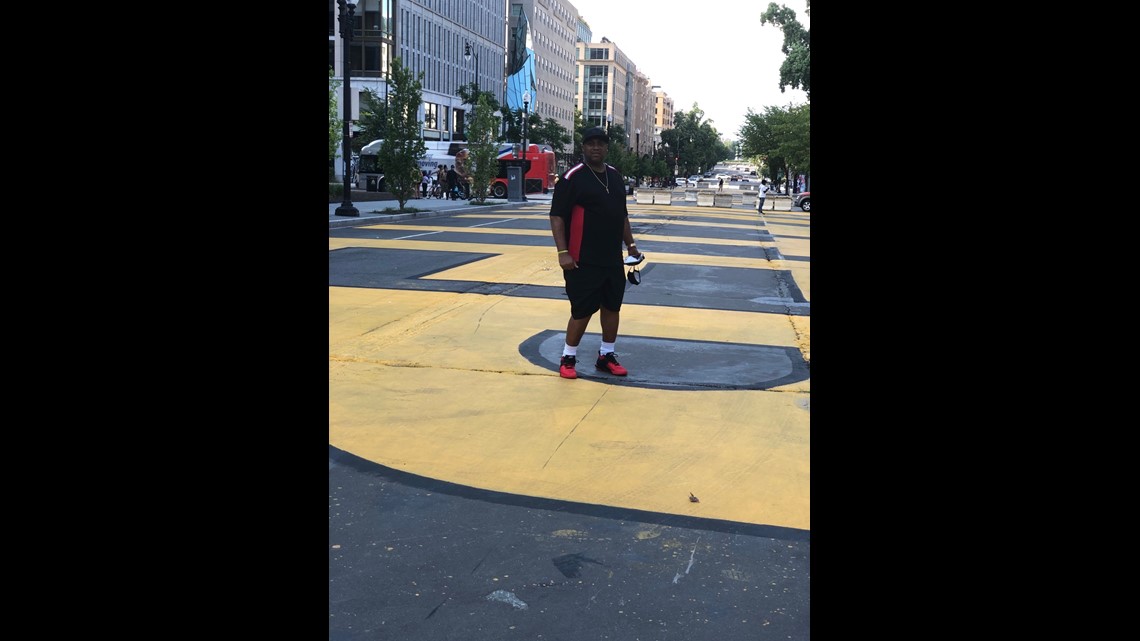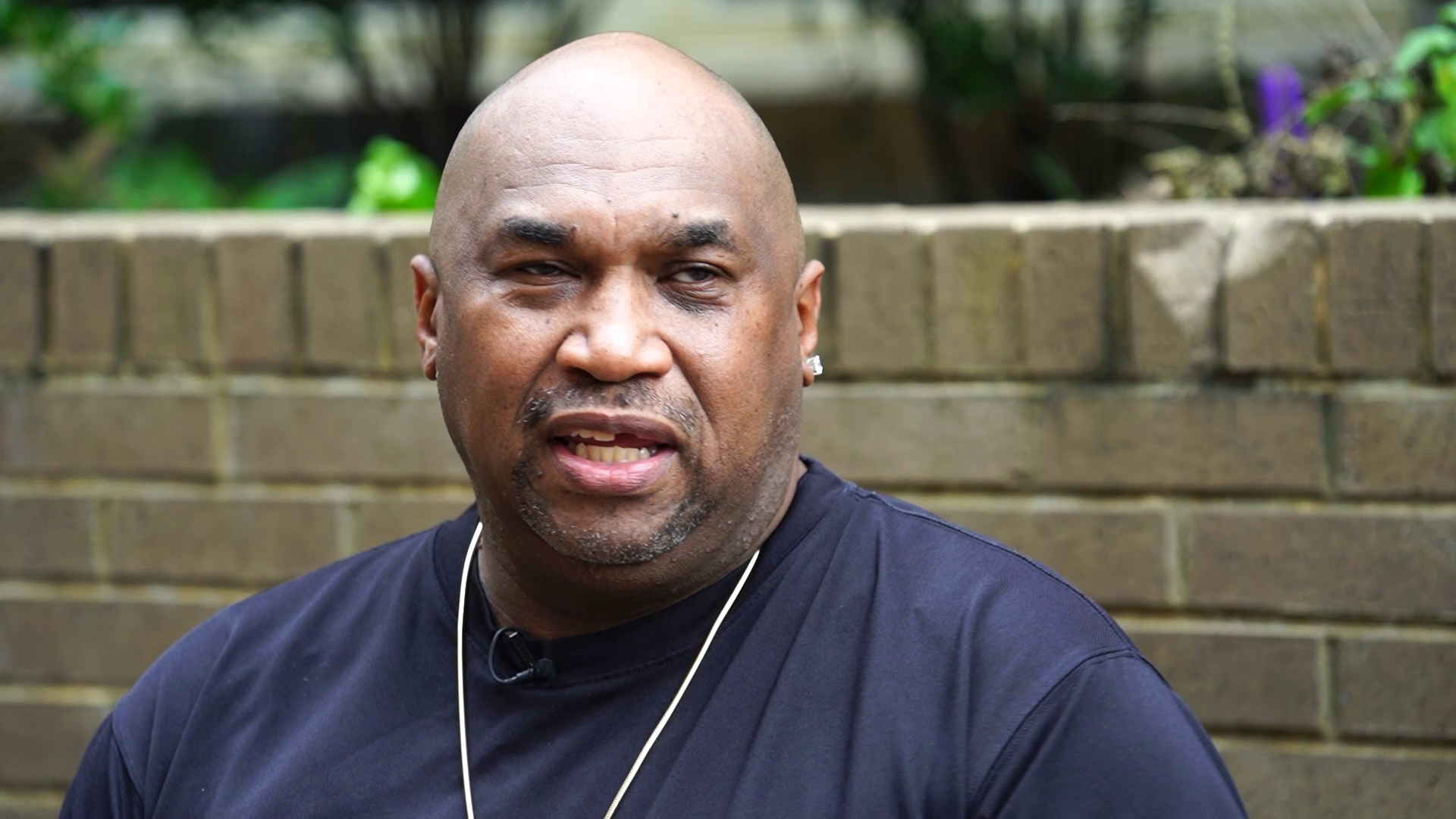WASHINGTON — For Timothy Haider, his struggles with mental illness are daily battle.
“My diagnosis is I'm bipolar. And I have psychotic features,” Haider said, sitting outside his apartment complex in northwest Washington, D.C.
As a result, Haider says he has had his share of run-ins with police. Most of them come, he says, after friends or family call 911 worried he’s going to harm himself.
“Every day, even walking down my street, if I'm walking past police officers that are here, I tense up. Because you just never know,” Haider said.
“You have 99 things going on in your head already,” Haider said. “So, it's hard to process what their commands are or what they trying to say to you.”
Calling 911 for help with a mentally ill person is not uncommon, according to a WUSA9 data analysis, which broke down almost 940,000 calls to DC 9-1-1 Emergency Services from January 2019 to June 2020.
Only one-out-of-every-three 911 calls were to report some sort of crime. The other two-thirds were for things like alarms going off or traffic accidents.
Near the top of the list of reasons police were dispatched on noncriminal calls: mental health. WUSA9 found DC Police were dispatched on 36,000 calls for assistance with some sort of mental health issue over the 18-month period we studied.
That can be a scary call to make for the family of a mentally ill person, says Jean Harris, president of DC’s chapter of the National Alliance on Mental Illness (NAMI DC).
“They are concerned about what would happen if they call the police,” Harris said.


That worry played out in Fairfax County, Virginia, in June when Officer Tyler Timberlake stun-gunned an unarmed man who appeared to be in mental distress. The attorney for Timberlake claimed he mistook the man for someone with a criminal past.
Despite that, the Fairfax County commonwealth’s attorney charged the officer with assault and battery. The man was treated and released from an area hospital without serious injuries.
Harris says similar incidents around the country have led to even more violent and tragic outcomes.
“Because people have been killed," Harris said. “Because (police) use violence instead of trying to de-escalate the situation.”
NAMI DC is calling for increased crisis intervention training, also known as CIT training, for police across the greater metropolitan D.C. area. Right now, most crisis intervention training for police officers consists of a 40-hour, weeklong course that officers do not have to recertify yearly – like they do with firearms or other weapons training.
And, WUSA9 has learned, some police officers in the area don’t have any crisis intervention training for the mentally ill at all.
Chief Investigative Reporter Eric Flack asked some of the largest police departments in the D.C. metro and found:
- In Fairfax County, Officer Timberlake was among 60% of the department that has no crisis intervention training.
- In Maryland, 44% of the Montgomery County Police Department does not have crisis intervention training.
- DC Metropolitan Police Department says a staggering 77% of its officers have not taken a course in crisis intervention.
In fact, Harris said two major law enforcement agencies in the District, the Metro Transit Police Department and the United States Secret Service, recently contacted NAMI DC to tell them none of their officers had crisis intervention training.
Harris said representatives from the two departments asked her if anyone from NAMI DC could provide training or if she know of someone who could.
Both departments either declined comment or did not respond to WUSA9’s repeated requests for an interview.
“That says that a lot of people are not in tune to what mental health really is,” Harris said. “What's needed. And how and when police play a part in that if there is a crisis.”


Tim Haider says he’s faced officers who surrounded him with guns drawn, shouting commands, before ultimately handcuffing and transporting him to an area mental health hospital.
“You’re already having a crisis issue as it is, and then someone comes along to make you feel like you’re a criminal or something like that,” Haider said. “And it’s not criminal to have a mental illness.”
NAMI DC says if you are the friend or family member of someone in mental health crisis and you need to call 9-1-1:
Be clear with the operator right away that you are calling about a mental health crisis. That’s so officers do not approach it like they would a domestic violence incident, where use of force could be warranted.
Also, experts say you should request a trained and certified CIT or crisis intervention officer. That should ensure whoever responds has the skills needed to communicate without escalating the situation.

